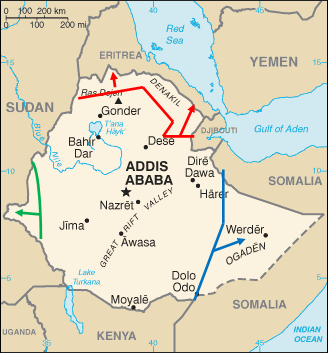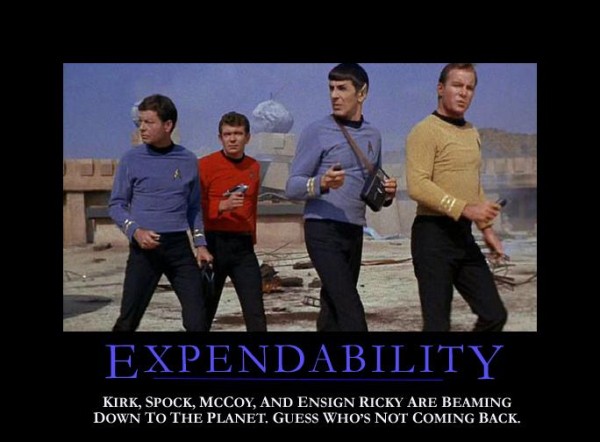People naturally organize themselves into families, tribes, cultures, nations, etc. based on commonality- friendship, shared goals, shared beliefs, shared loves, and above all, shared dirt – geography. Political boundaries reflect this properly to the degree they are not manipulated by outsiders with money and power. An empire may be made by conquest, but it is still a collection of individual peoples. A nation-state though, purports to be a unity. What it is in reality though can vary widely. Only distant Europeans could have created the modern state of Iraq – a place where Sunnis and Shiite Muslims are thrown together to pretend to get along. Even the Kurds in the north get a piece of the action – like someone invited to the wrong party who spends the whole time playing with his smartphone. Syria is an even more artificially diverse state these days. That is why their civil war there is shaping up to be just about endless. America is often spoken of as some sort of great “melting pot” where distinctions melt away. Perhaps they have melted away here more than in any other previous large nation in history, but the heat is not nearly as total as some people assume. There are still some large solid chunks floating around in the pot – chunks that may be plenty happy to be scooped out on their own.
Reading the history of the last 500 years of Ethiopia has been something of an eye opener for me. I never realized how tribal and natural many of the borders have been for most of its long history. Border maybe isn’t the right word for it. Where in the south does Ethiopia stop and Kenya start? The people gradually change their identities over hundreds of miles. Families mix. Religions mix. There are no lines – it’s all blur. Sometimes the lines are hard. The red sea divides Ethiopia from Yemen and nobody even pretends like they could be part of the same club. Cultural differences are stronger along the Sudan border in the northwest as well. It hasn’t changed much in a millennia. The other borders though? Like the one with Somalia? All over the place. Just about every generation it changed. Actually, what it did was just remain fuzzy. It had always been fuzzy.
So why, when you look at a modern globe are there all these hard lines between every nation – thick boldface borders? Western colonialism is the answer. The British and Dutch and French and Spanish pushed and pushed and pushed to try to grab and rule as much as they could. And they wouldn’t take fuzzy for an answer. Everything fuzzy could be dominated and taxed by a European garrison and magistrate. So Africa was forced to chop itself up into hard-edge shapes to assert itself against the modern political scientists. Modern Ethiopia is really three very different people groups – The Amhara in the north, descendants of the ancient Abysinnian Empire (from Bible times), the Oromo in the west and south – a tribal and pastoral people with maybe more in common culturally with rural Kenyans or Ugandans, and the Somali people in the east. To this day, much of the country resents and resists the official Amharic language and the few metropolitan centers, such as Addis Abeba stand in contrast culturally to the rest of the country. The Orthodox church also hails from the north and has only ever made limited influence in the areas outside of the old empire, geographically. Christianity in these regions is much more syncretic and literacy is low. The modern country of Ethiopia came into being in the late 1800s. It’s all still there – glued together better than many African countries actually. But why should it’s borders not still be fuzzy? We don’t let it. We in the west need clean passports, clean currency, clean trade agreements and high-contrast maps.
The United States has stayed glued together for nearly 240 years. Every couple of election cycles, Texas starts making noises about striking out on its own. I don’t think we’ll actually see any of that any time soon, but I have real reservations that some our state borders can stay intact another 240 years. Some of them are just far too contrived, phoney, and short on meaning to the people that live on them. Some day, things will change. It may take another century for our population to become dense enough that some of these cultures can reach a local critical mass. Still, everything necessary for them to do so is already in place. People want to rule themselves. When the capital is one thousand, or even three thousand miles away, more than a few people start to feel like their on a long chain, no matter how fast their internet connection is.
Things change. Northern Ireland, according to a recent report, maybe now contains a Roman Catholic majority. Ethiopia has not been dominated by Islam like nearly all the rest of northern Africa, but it’s more a factor today than ever before. Here in the U.S., people point to maps of “red” and “blue” states or discuss the conservative “bible belt” or liberal New England. Still, we are melted enough for now.


